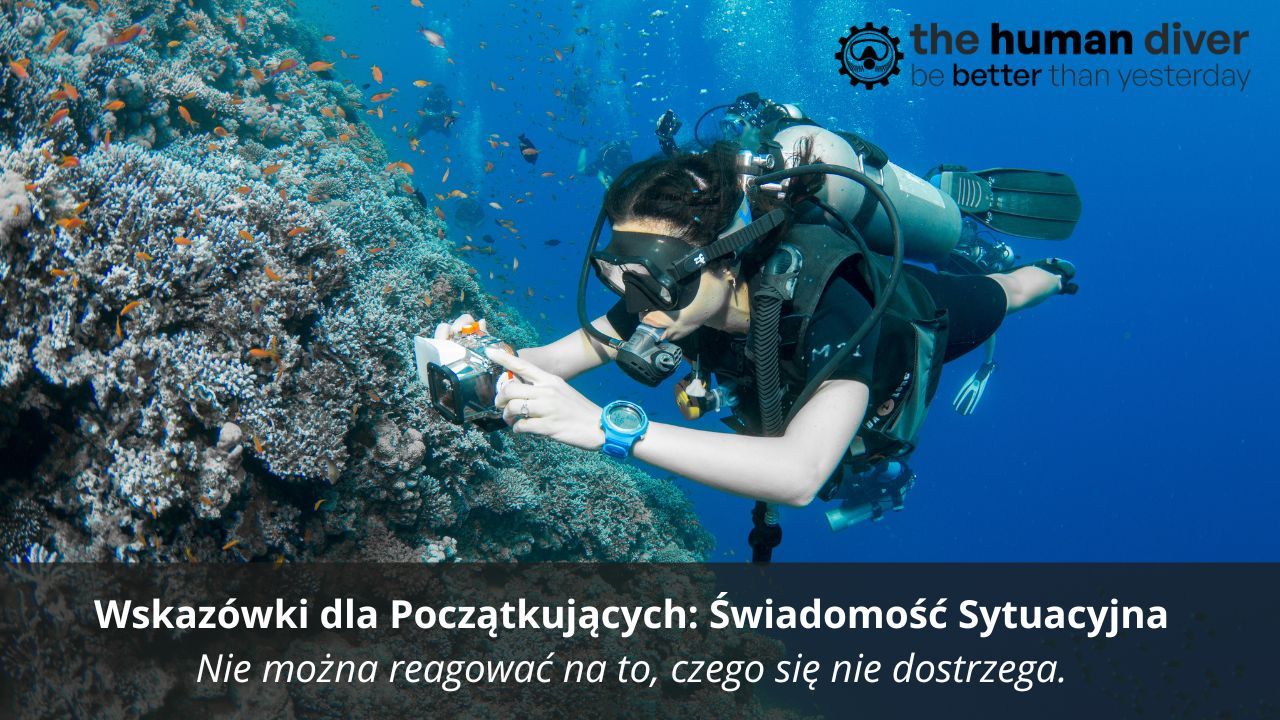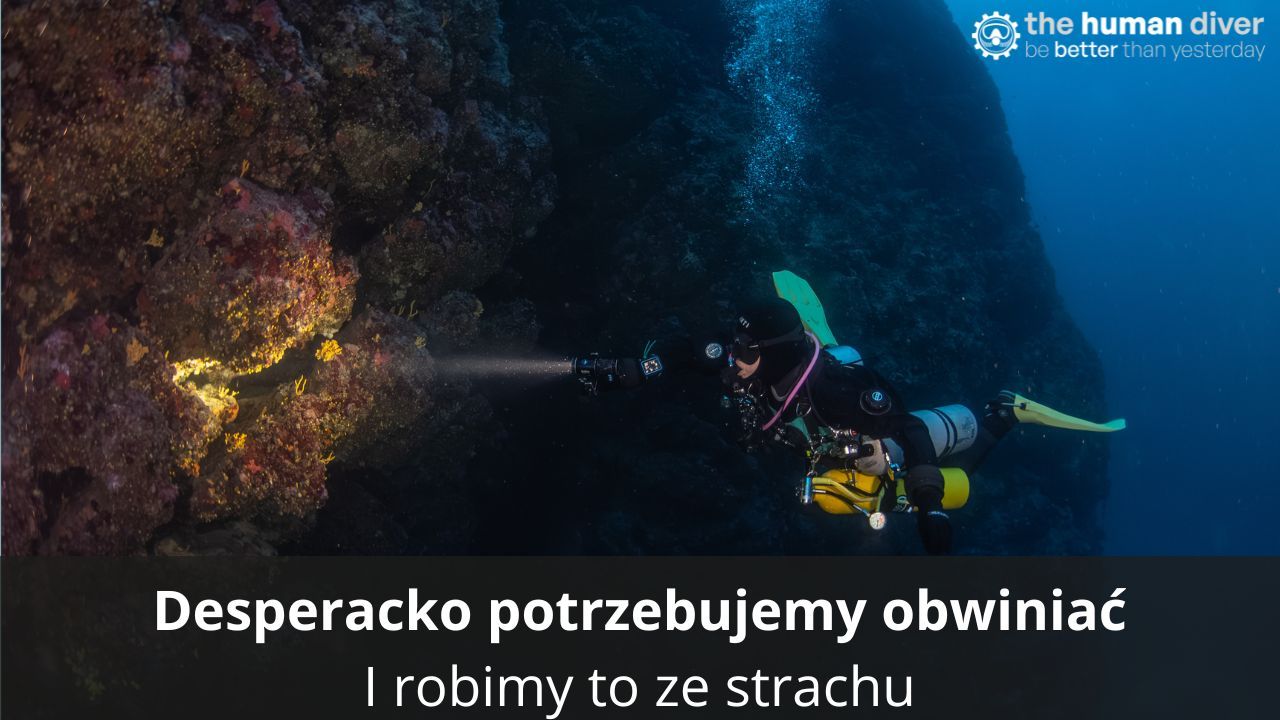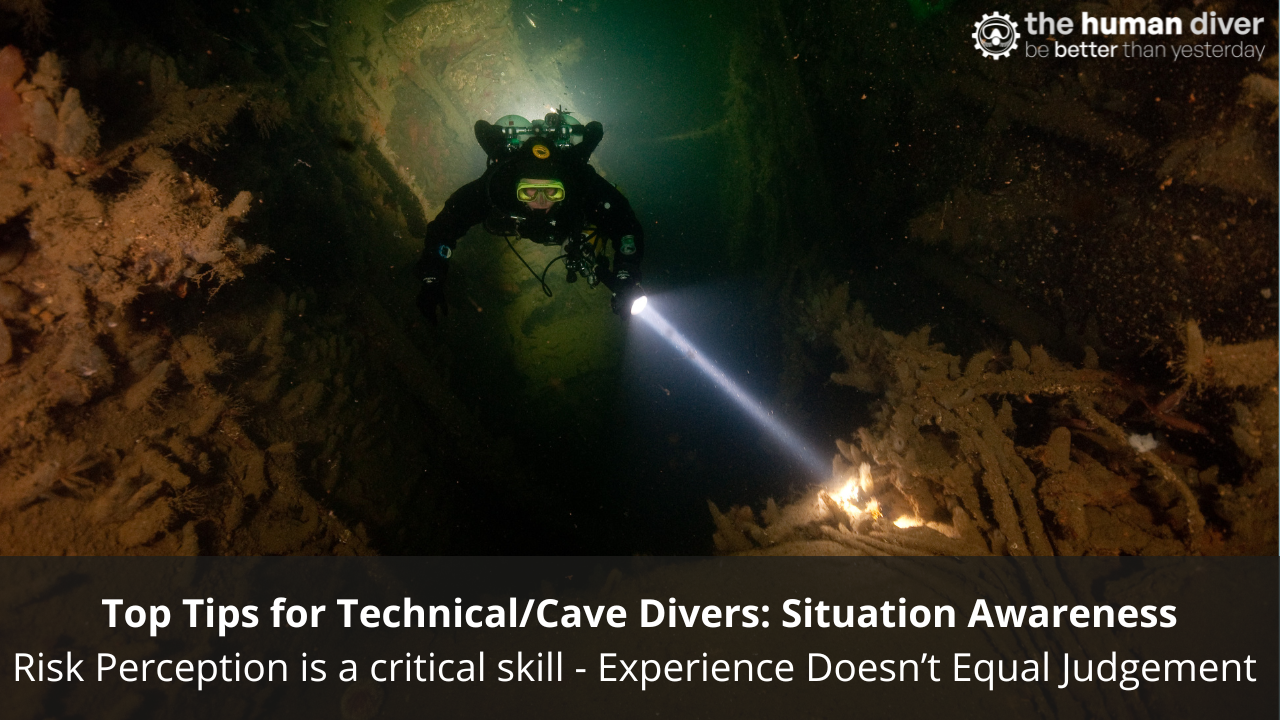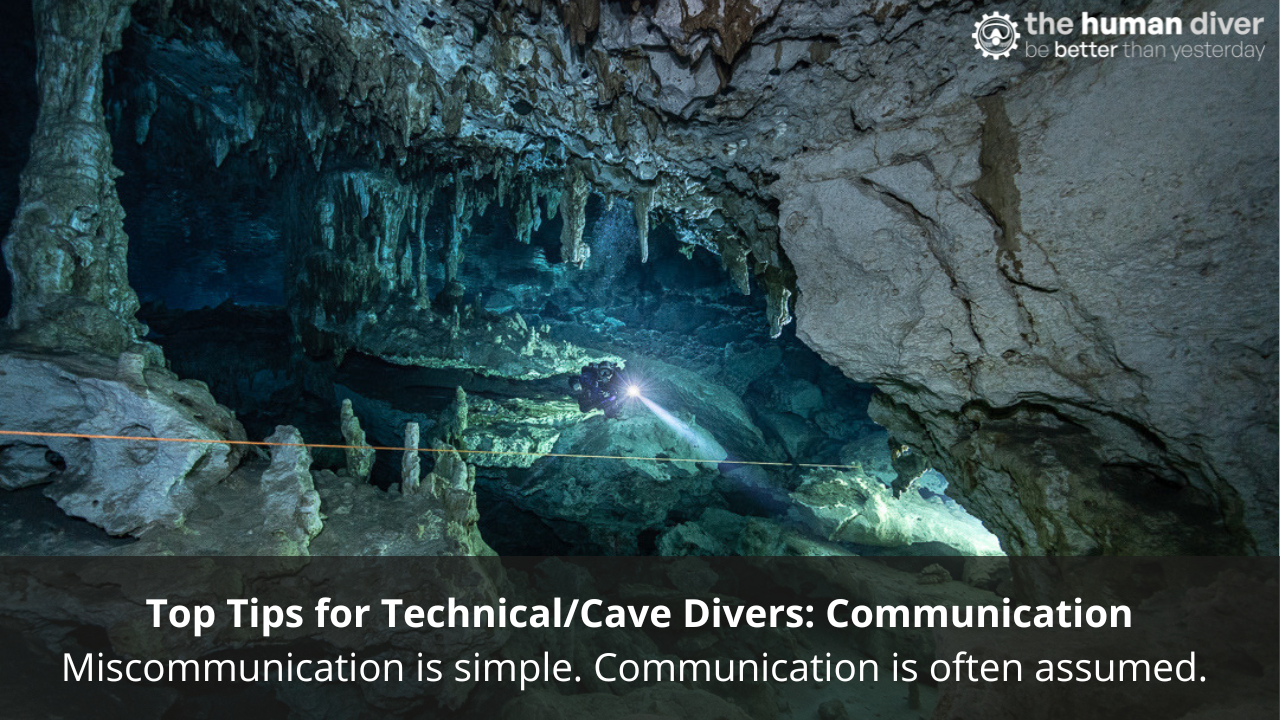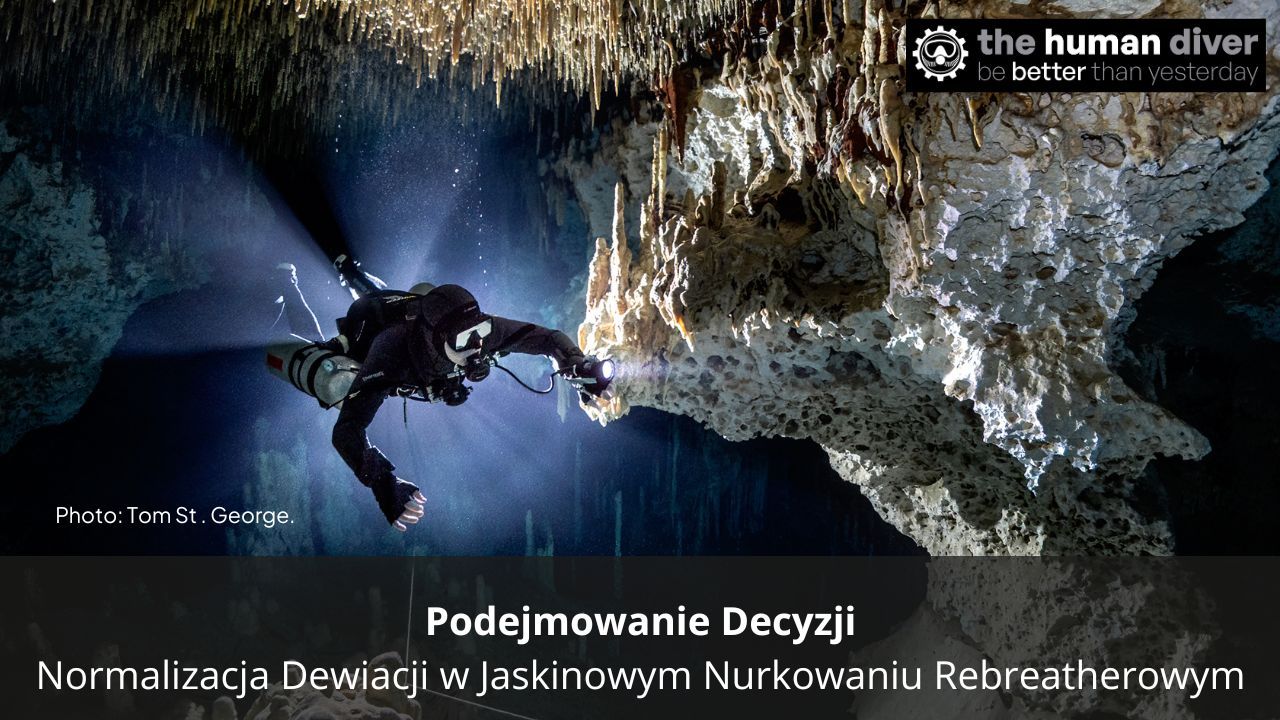
You're biased, I'm biased, We are all biased!
Jan 22, 2025One of the famous decision-making models is called System 1 (fast thinking) and System 2 (slow thinking). We are able to think 'fast' because we use biases and heuristics ('rules of thumb') to make decisions. People think that biases are 'bad' but they just are. They allow us to navigate the world at the pace we do, not stopping to check every situation is correct.
There is a problem though. These biases can lead us to make judgments and react without understanding the deeper story when something goes wrong, like a diving incident or accident occurs (or a liveaboard sinks).
The last two years have been disastrous for Red Sea liveaboards. Nine boats have either capsized, run onto the reef or set on fire. After the last sinking in 2024 many people started commenting that even one was too many and asking why lessons hadn’t been learnt and why nothing was being done to stop the problem. I have had conversations with friends in the area who have said they aren’t surprised that this has happened and that it was obvious it was going to happen at some point. But if it was so obvious, why had nothing been done previously? Sadly, the final boat to sink resulted in four confirmed dead and seven missing. That, combined with some dramatic rescues, propelled the story onto the front page of many media outlets in Europe, where a majority of Red Sea visitors come from. Two articles on the BBC News in the week beginning 13 Jan provided harrowing personal accounts from a number of survivors (Article 1. Article 2.). As a result of the negative publicity, the Egyptian authorities hastily brought in new rules to try and prevent further accidents.
The comment about the accidents that were “obviously going to happen” and action only happening after the most severe damage* are both subject to cognitive biases that affect us all. They are mostly seen when either someone dies (so can’t share how their decision-making process made sense to them at the time), or when information is very limited (as in the case of the liveaboard sinkings mentioned above) as we try to fill in the gaps of missing information.
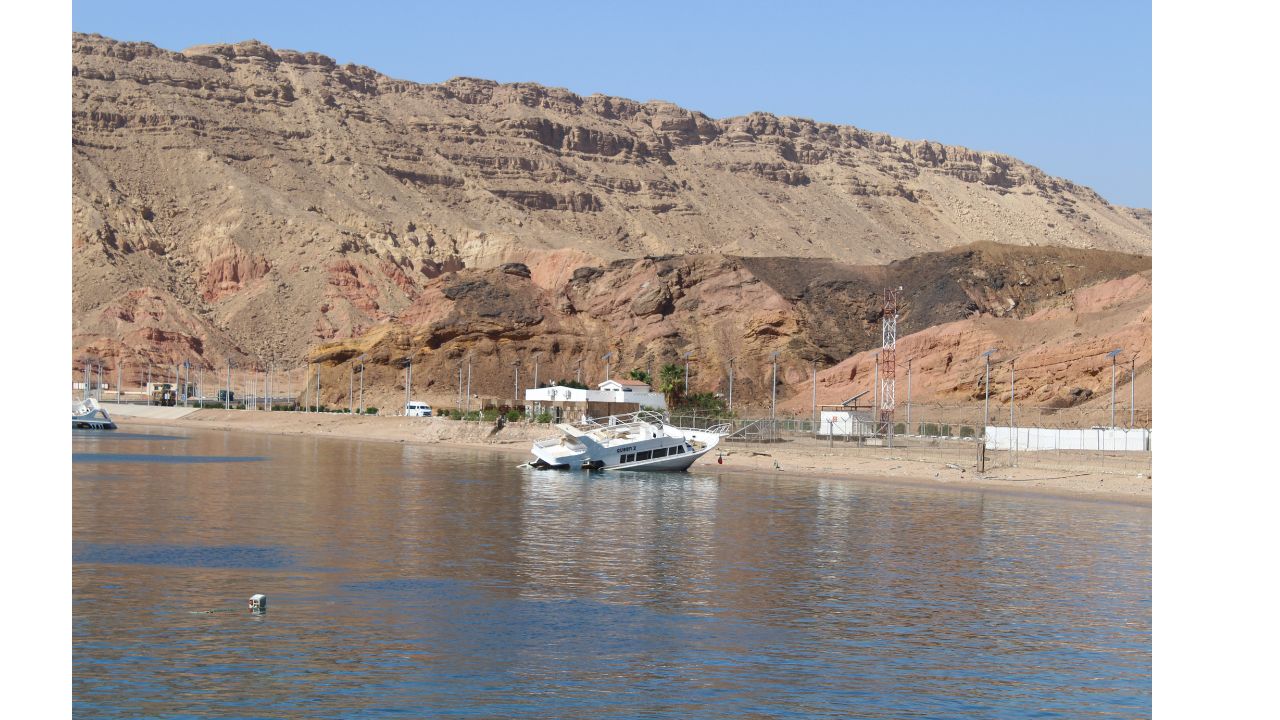
Here I’ll explain three cognitive biases that limit our learning.
Three biases that limit our learning.
- Hindsight Bias... This is also known as the 'knew it all effect' and means that when something goes wrong, this bias leads us to believe that it was 'obvious' such an event was going to happen, and those involved should have noticed the situation developing in the way it did. The problem is that even when people are told to not fall foul of the hindsight bias, they still do because it is so very powerful. A great quote to consider about this bias comes from Sir Anthony Hidden QC when investigating a major train crash in the UK. “There is almost no human action or decision that can not be made to look flawed in the misleading light of hindsight”. Ask people how it made sense to them, or consider the factors that would influence their behaviour such that the event occurred in the manner it did. Note this is THEIR perception of the event without knowing the outcome, not yours, especially as you know the outcome.
- Severity Bias and Outcome Bias... These two are closely linked. The more severe the outcome, the more harshly we will judge the situation. For example, earlier last year, a survey ship from the RNZDF ran aground and subsequently sank. A number of influencing factors related to the crew not appearing to know the status of the autopilot (it was on, they thought it was off). Now consider if the ship had been away from land and the risk of grounding and the same behaviours/actions took place, would there be the same outcry and judgemental approach? Both are rhetorical and counterfactual but prove a point. We need to look to separate the quality of the outcome from the quality of the decision-making at the time. Sometimes bad luck gets in the way of a good (lucky) outcome. We should look at what information, drivers, resources and ideas those involved AT THE TIME of the decision had, without knowledge of the outcome, and look to see how it made sense.
- Confirmation Bias... If we go looking for a breach of standards, or 'human error', or someone not following a checklist, then we will often find the answer we are looking for, and then we stop looking. There are very few adverse events in diving that are down to a single cause, but we are hard-wired to look for these simple answers to problems so we can move on to something else. If we are looking at an event with a view to learning from it, we should consider what 'normal' looks like from the perspective of those involved. Accidents happen as deviations from normal, not only because rules or standards have been deviated from. Rules and normal might be the same, but often they are not. If we do find rules and standards have been broken, seek to understand what conditions made it more likely the standard was breached (and likely also not corrected when detected) than just summarising with 'they didn't follow the rules'.
If we can consciously remember these biases when we hear about an accident or incident it makes it easier for us to be aware of them and try to frame our questions with a learning mentality, rather than a judgement one.
*There had been four deaths in two previous fires in 2023/24 which didn’t appear to get as much publicity. The news reports (and the likelihood of them affecting tourism) are what seems to have spurred the changes.
Sea story sinking news report (in German): https://taucher.net/diveinside-safariboot_sea_story_im_roten_meer_gesunken-kaz9391
List of Red Sea dive boat sinkings: https://matthiasmunz.de/Sunken_Diving_Safari_Boats_Egypt/

Jenny is a full-time technical diving instructor and safety diver. Prior to diving, she worked in outdoor education for 10 years teaching rock climbing, white water kayaking and canoeing, sailing, skiing, caving and cycling, among other sports. Her interest in team development started with outdoor education, using it as a tool to help people learn more about communication, planning and teamwork.
Since 2009 she has lived in Dahab, Egypt teaching SCUBA diving. She is now a technical instructor trainer for TDI, advanced trimix instructor, advanced mixed gas CCR diver and helitrox CCR instructor.
Jenny has supported a number of deep dives as part of H2O divers dive team and works as a dive supervisor and safety diver in the media industry.
If you'd like to deepen your diving experience, consider taking the online introduction course which will change your attitude towards diving because safety is your perception, visit the website.
Want to learn more about this article or have questions? Contact us.




